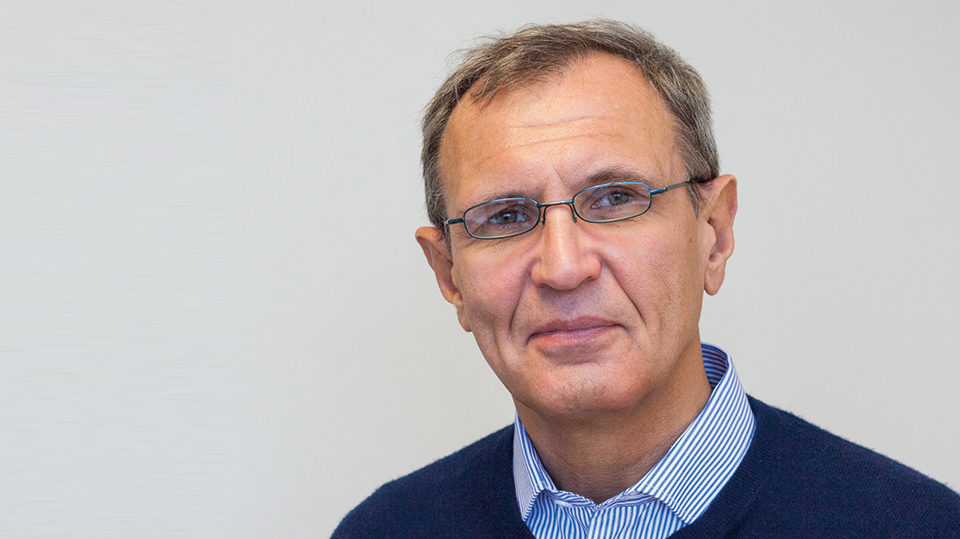
Urgent need for medical data network across borders
The COVID-19 pandemic is putting our health systems in Europe to the test. Capacity bottlenecks are becoming apparent, as are long-neglected investments in modern infrastructure. As the pandemic does not stop at national borders, cross-border healthcare solutions are more urgent than ever.
Healthcare is a crucial point of European unification policy, but it is precisely here that the nation states have retained their autonomy – which is now taking a bitter revenge.
If Europe is to become once again a continent of freedom of movement and prosperity, we urgently need a common digital infrastructure to solve the mammoth tasks ahead. The current and future pandemics can only be solved with joint European research efforts, coordinated cross-border health care and modern digital tools such as interoperable tracing apps.
Even though a common European health data space is still in the future, the annual conference of the health clusters organised in the ScanBalt network has identified a number of promising local and regional digital health solutions for the current crisis. Three examples illustrate the diversity of solutions:
- The training and organisation of the staff of the COVID-19 emergency hospital in Hanover were carried out using digital tools from a private Norwegian company.
- The “Supercomputing Project” of the University Hospital of Barcelona brings together the data of COVID-19 patients from private and public clinics for research purposes (and has identified considerable backlog demand for uniform data standards).
- In the Italian research region of Milan – which was particularly hard hit by the first wave of coronavirus – the existing biobank cooperation between the university hospital, research institutions and private pharmaceutical companies was also used for basic COVID-19 research within a short time.
With the jointly formulated ScanBalt Declaration, 30 cluster organisations from 15 European countries are demanding that these promising individual solutions finally receive a common legal framework to be applied throughout Europe. Industrial development must be involved as an important strategic partner from the very beginning. The public sector alone is not capable of taking the necessary innovation and investment steps.
Please sign up to this joint pan-European innovation initiative. The ScanBalt Declaration will be handed over to the German EU Council Presidency as the voice of civil society for a common European Data Space.
Januus Pikani has been surgical practitioner in head and neck oncology, hospital manager, secretary general of the Ministry of Social Affairs of Estonia and chief of staff of the President of Estonia. He was among the initiators of the Estonian Genome Project, a population-based health and genome databank representing as of now app. 20% of the adult population of the country. Currently, he is active as an entrepreneur and healthcare consultant for the World Bank and WHO. Dr Pikani is the chairman of life and health science meta-cluster organisation ScanBalt and board member in Tartu Biotechnology Park.
This article was published in European Biotechnology Magazine Winter Edition 2020.


 Romain Buisson
Romain Buisson Confo Therapeutics NV
Confo Therapeutics NV AC Immune SA
AC Immune SA